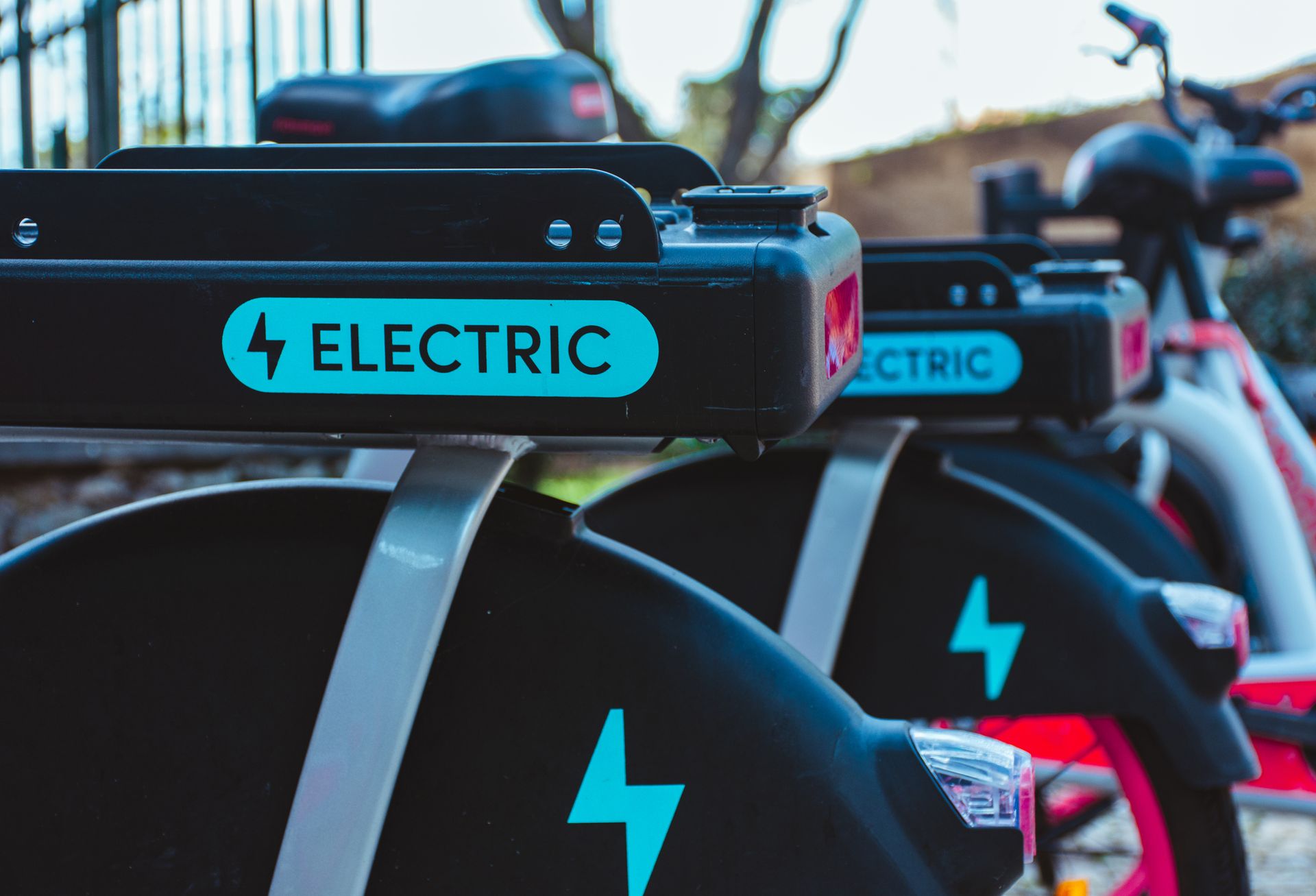WHO WILL BAIL YOU OUT?

Understanding what bail is and how it works can be incredibly difficult and stressful when someone gets arrested. The concept of posting bail to get out of jail dates back centuries and has changed over time in the United States and Nevada. In its simplest form, bail is a refundable deposit that a person pays to get out of jail and gets back when they come to court. Have you ever test-driven a car without a salesperson? You may have been asked to leave your driver’s license or credit card with the salesperson before they handed you the keys to the car. The idea is that the dealership expects that your license or credit card is so valuable to you that you will come back for it, rather than abscond with their vehicle. The same is true of bail. The idea is that once someone pays the bail amount to the jail, they will want it back enough to come to their next court date.
The purpose of bail -- to ensure a person’s return to court – has expanded to also include adding conditions of release that ensure the safety of the community. In Nevada, Judges are legally required to impose the “least restrictive means” necessary to ensure 1) the person will return to court and 2) the safety of the community. Posting a monetary bail is just one of many possible conditions of release.
When someone is arrested in Nevada, they are entitled to a hearing on their custody status within 48 hours. That hearing is an opportunity for the person arrested, their attorney, the prosecutor, and the judge to review the facts of the case known at the time as well as the person’s criminal history. At this hearing, the attorneys may agree on release conditions, or they may each argue their position and the judge will decide. For example, one or both attorneys might suggest that the person be released on house arrest, or be released with a requirement for drug testing.
Many people who are arrested on misdemeanor charges, like Driving Under the Influence, are released without a hearing and in less than 48 hours. Someone can also be released from jail in less than 48 hours by posting bail before the hearing. If your loved one has been arrested, you may be trying to decide whether to post bail or wait. Every case is different and the right decision varies for different families. What is important to remember is that if it has been less than 48 hours since your loved one’s arrest, the bail amount or release conditions may still change. An attorney cannot make any promises or guarantees about what will happen in your loved one’s case, but a good, local attorney can tell you what their experience has been in similar cases. Knowing what an experienced attorney has seen happen in similar cases, may help you make the right decision in your situation.
Increasingly, courts across the country are moving away from monetary bail. Some courts are implementing robust reminder systems that automatically send emails or text messages reminding people about their court dates. Other courts have extensive monitoring programs that utilize technology like house arrest ankle bracelets, phone GPS, and fingerprint scanning to keep routine contact with people facing criminal charges. Some courts are offering people the choice between submitting to monitoring and posting a monetary bail. All of these policy choices are a crucial part of our justice system, which entitles everyone to be presumed innocent until proven guilty.
If you, a friend, or a loved one has been arrested, please call me at 702-380-2800 for a free consultation.






















